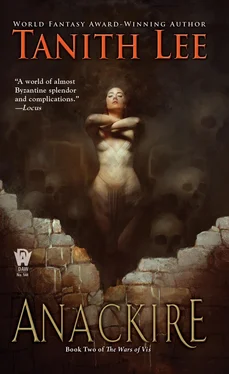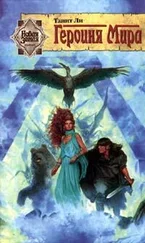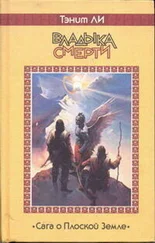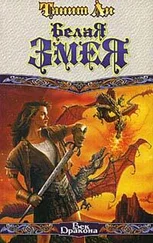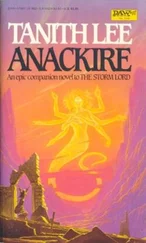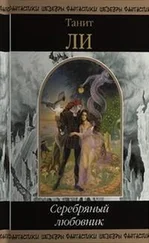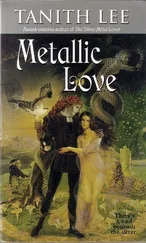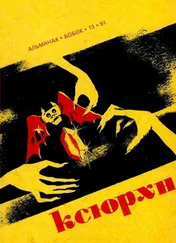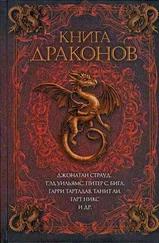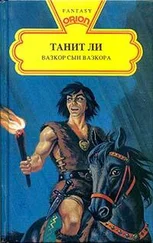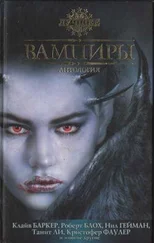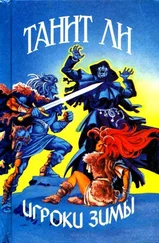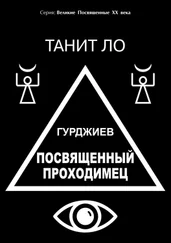The priest, a dark man, looked at him. He had learned the way of looking that the Lowlanders had.
Kesarh observed it, then said, “Either you do it, or I do it. I think you’d all prefer the former.”
“Generally,” said the man, then, “the priestess Eraz is not summoned like a common serving-wench.”
“And generally I’m not kept hanging about.”
“My lord,” said the priest, “in this religion, a priest is the equal of a king. Or the greater.”
Kesarh crossed the room. He struck the priest a blow that sent him staggering. The hood slipped away. For a moment, only a cowering Vis lurched in the corner.
“But you see,” said Kesarh, “I don’t value your religion. Now get out and do as I told you. And while you’re at it, have them fetch me some decent wine.”
Eraz brought the wine herself, a curious almost playful addendum to the comparison with a serving-wench. It was Vardian liquor, some of the kind that had undone the Free Zakorians.
“The wine of the Shadowless Plains is not to your liking,” she said.
“No. I like nothing from there.”
He was restored, or seemed so. There was no mark of exhaustion on him, no hint of pain or unease.
“And you’ll be leaving us shortly.”
“As soon as you’ve prepared my sister’s body for the journey.”
Eraz met his eyes. She was, predictably, without readable expression.
“You will not trust her death rites to the temple.”
“You’d burn her, wouldn’t you? Cremation, the way of your Plains.”
“And of Shansar, which blood is in your veins, and hers. But the ashes should lie in the earth, unscattered, the spot to be indicated by stone.”
“She’ll have a tomb in Istris, in the old way.”
“Very well, my lord. I’ll see to it. There’s no need to fear corruption. Our drugs will keep her beauty pristine until you reach the capital, and for longer than that.”
“I begin to think your drugs may have killed her in the first place.”
“You don’t think that, my lord. You know the truth. Should you remove the golden tore from her throat, you would see—”
“Yes,” he said. “Then you must accept my bemused wonder at your genius, mustn’t you?”
Eraz said softly, “And the child?”
“One more to swell your sacred ranks,” he said. He drank the Vardian wine and refilled the cup and drank again.
“Not so, my lord. She is not ours.”
“It’s nothing to me,” he said.
“Your daughter,” Eraz said.
“A little white slug. Keep it.”
“No, my lord,” she said, her softness now impassive. “The child must go with you.”
“Because it’s mine? The result of incest? In Lan across the water that’s nothing at all.”
“Then send her to Lan, my lord. But she shall not linger here.”
“Because of the incest, then.”
“Anackire,” she said.
“Oh, more of your stenchful snake-woman. She wants my child dead, presumably. One day old, out in the snow. And I don’t think any of my men are capable of nourishing it at the breast. Why don’t you merely kill the thing yourself? Smother it, starve it, freeze it to death here? Why did you force it to live at all?”
“Our medicines, which so offend you, will also preserve the child. She will sleep until Istris, nor will she hunger. She may lie warm, enclosed with her mother.”
“Impossible.”
“As impossible as the event you witnessed at sunrise, my lord.”
The men who brought the wooden box to the shore helped break the ice there, so the boat could put out again.
Kesarh’s guard did not complain, though the sun was down on the ocean, and all the west, sky and water, an empty savage crimson.
They rowed across the sunset and the icy sea. A little wind was stirring for the mainland and they raised the sail to take it. There was no sound save the mutter of the canvas, the touch of the waves, the pull of the oars. The island of Ankabek drew away, the last light describing it oddly, a floating skull.
Beyond the sail, Kesarh sat in the bow, with the long box. It was fastened shut, holding her close, the living child, too, asleep as if still coiled in flesh. Holes had been affected in the planking of the box to admit air. It lay at his feet and he did not look at it.
The afterglow went out and blackness came. There were no stars, only the faint luminescence of the cold, and the low far pallor, like a thread of platinum, that was the snowy mainland shore of Karmiss.
Somewhere in the black as they rode, an hour off yet from landfall. Kesarh’s soldiers heard the planking of the coffin wrenched apart, and the lid come up with a precise ripping out of nails. They said nothing. They continued to row. They had learned early on in his service what was the Prince’s concern, not theirs.
Behind the sail, Kesarh looked down into Val Nardia’s face.
Their mother’s tore with the black pearls concealed her throat. Otherwise, it was true, her beauty was unmarred, her dreadful pointless beauty. It seemed to him it would have been the same with them, if she had been ugly.
Presently, he lifted her free of the box. He left the unconscious child, a bundle of wrappings, to tumble among the rugs with which the box was lined. He did not care what happened to the child.
He held her in his arms, his sister, her head against his shoulder, the Hood of her hair shawling over both of them, dark now in the darkness as his own.
And so they passed like a ship of ghosts across the soundless glimmering sea, to Karmiss.
Rem opened the door of his lodgings and two of the visitors walked in. Two others took up casual sentry posts in the passage, and the door was shut.
Outside, the watery gusty snow of incipient thaw rippled down the benighted building, rattling the shutters. The man’s cloak was beaded with it. He threw it off and across a chair.
“I trust the money and the documents arrived previously,” Kesarh said.
“Yes, my lord.”
“And you and your men are ready.”
“Yes.”
“Baffled by it all, my Rem?”
“As baffled as you require, my lord.”
“My requirements are those I stipulated. The ship you’re to take is the Lily , Dhol’s vessel. When you reach the port of Amlan, you’ll accompany Dhol’s man to my commercial agent in the capital. She doesn’t understand,” Kesarh added, for Rem had glanced at the girl. “Nothing, in fact. She thinks the child’s her own, the dead one, come back to life.”
“Nor has anyone disillusioned her.” Kesarh looked at him, only waiting. Berinda stood in her dripping cloak, rocking the swathed thing that was the baby, smiling down on it. She looked more aware than Rem had ever before seen her. Rem said, “and I’m to give the agent in Amlan your letter, and the child. What then?”
“Come back over the water. He’ll find it a home, an obscure home, and get me word. Somewhere Ankabek can’t suss, even by magic. One day the female may be of use to me. If not, she’ll be no use either to my enemies.”
Rem hesitated. Then he said, “The child of your sister.”
“No. The child she refused to bear. They made her body bear, that’s all.”
“And the sorcery meant nothing to you.”
Kesarh smiled; his eyes were cold. Rem held his gaze, not wishing to.
“I’m not here to discuss my emotions. I’m here to leave you the brat and its wet-nurse. I considered exposing it on the shores of Karmiss, when I got it there. Your work is to remove it from my unloving grasp to Lan. You see?”
“Yes, my lord.”
“Yes, my lord. You’ve always gone about like a prince rather than a bandit, my Rem. You look more like one, too. One of my girls once told me you have a likeness to the old statues of Ram Am Mon.”
Читать дальше
